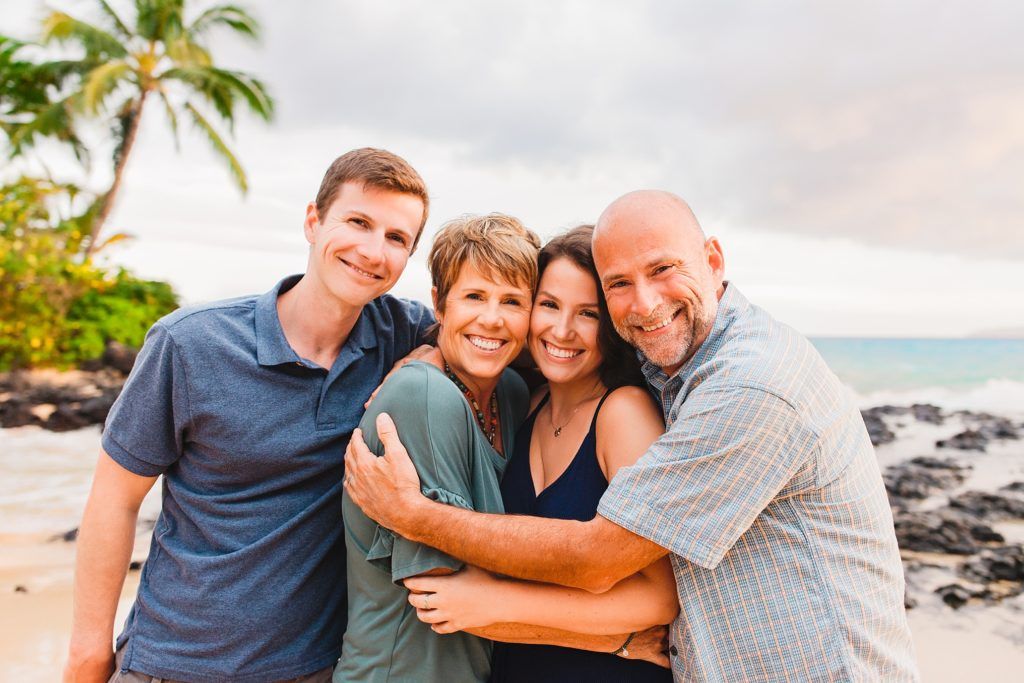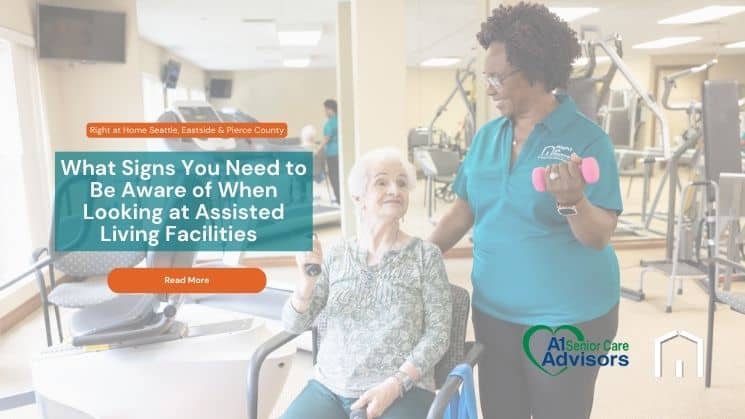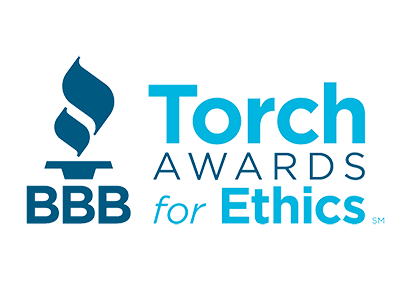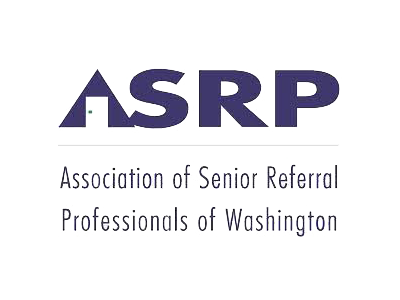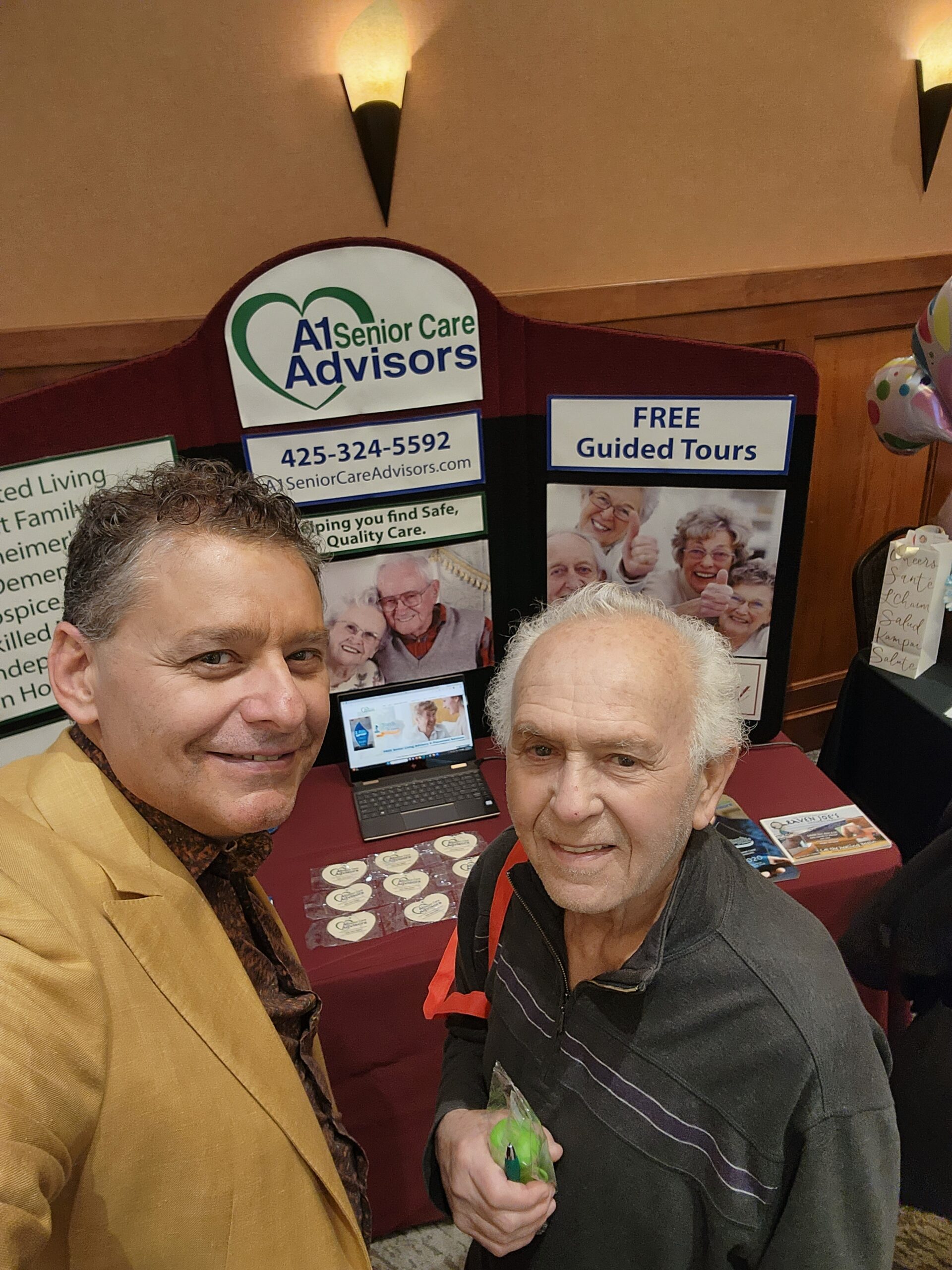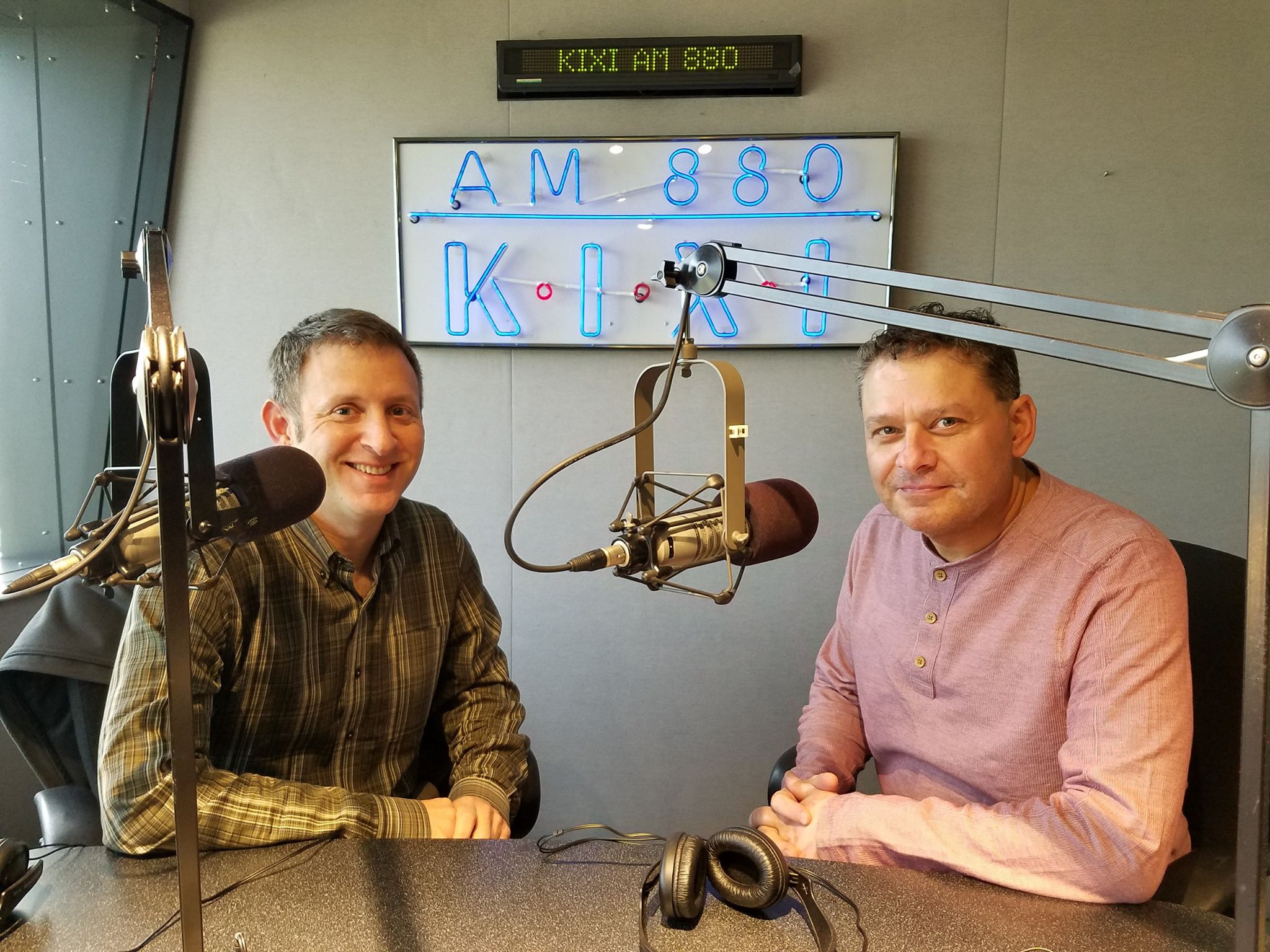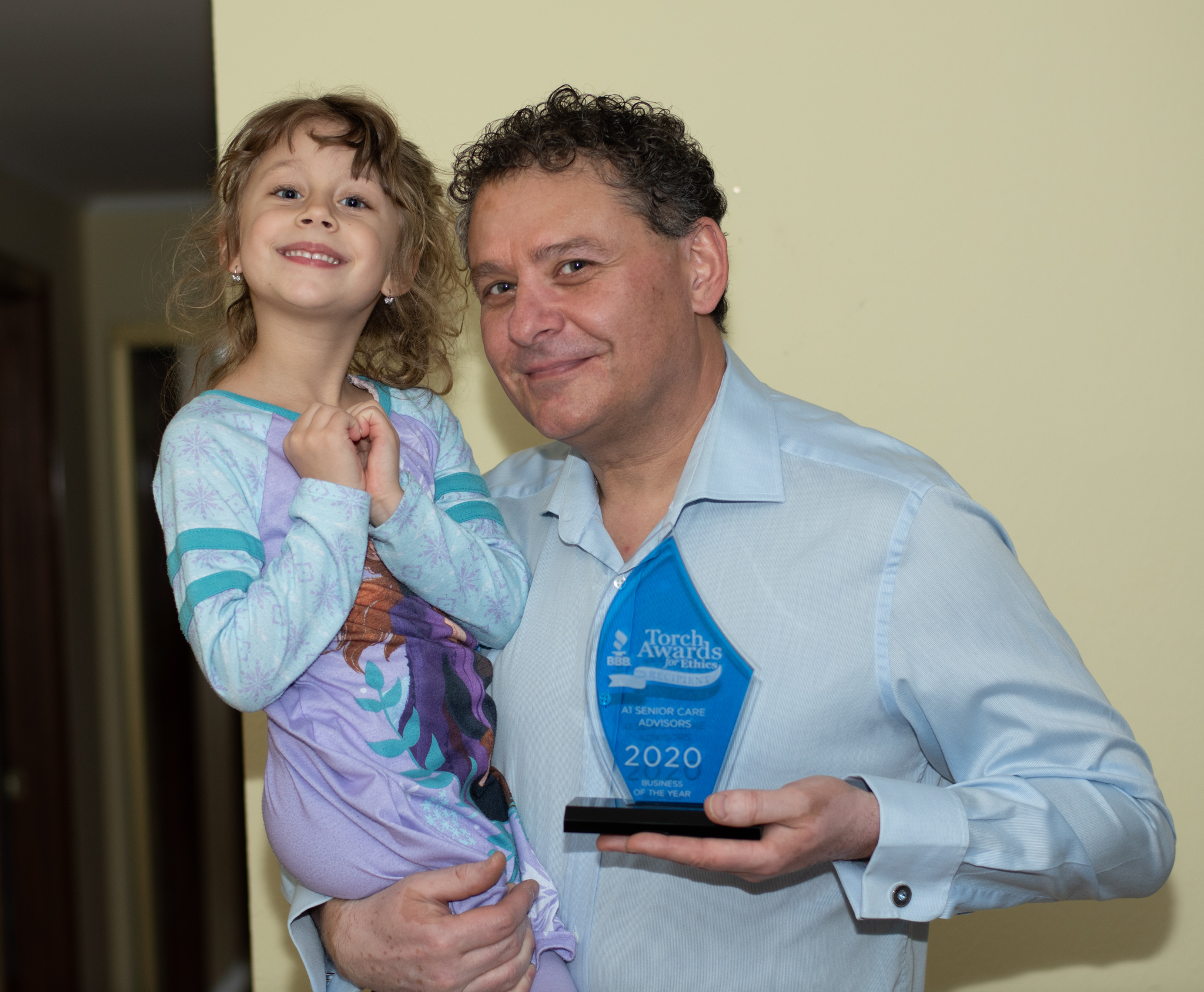As people grow older, they find themselves unable to care for themselves as well as they did in the past. This can be quite devastating, especially to those who have a difficult time accepting the decrease in independence.
While many aging people want to live at home for as long as possible, it’s just not possible to do and remain safe and healthy. With an increase in fall risk, inability to take medication as prescribed, and difficulty eating healthy, well-balanced meals, seniors are often at risk for injuries and/or illnesses.
Adult family homes provide a way for aging individuals to remain safe and healthy during the Golden Years. With help from qualified and trained caregivers, residents receive all of the support they need for a high quality of life.
If you’re someone who is interested in learning more about adult family homes or you’re a loved one of someone who may benefit from one, continue reading this guide to learn all there is to know about them.
What is Adult Family homes
Adult family homes provide support to seniors 24 hours a day, 7 days a week. These residential homes are licensed and certified by the state. There are 3165 AFHs in WA State with 17895 beds.
Adult family homes can have up to six people living inside the house. Residents may share a bedroom or have a private one. Bathrooms may also be private or shared. Adult family home costs vary, and private vs. shared is one of the factors that influence the price.
Basic services included when living at an adult family home are:
- Nutritional Meals
- Bathing Assistance
- Dressing/Grooming
- Walking
- Health Monitoring
- Medication Management
- Medical Transportation
Residents living in adult family homes often suffer from mental health, dementia and development disabilities, which are common conditions seniors develop. Alzheimer’s and specialized Memory Care services are provided by some adult family homes.
One of the reasons older individuals prefer adult family homes over assisted living facilities and other nursing home settings is because of the caregiver staff-to-resident ratio. Two caregivers are usually present per shift along with the owner of the home, serving as backup. The 2:6 ratio is not common in other senior facilities.
Adult Family Home Regulations in Seattle
Seattle is one of the best states for senior living because of the regulations the state has put in place to protect and support seniors. The State of Washington has some of the strictest regulations for adult family homes, which ensures residents receive the best possible care. Care and services are regulated according to a defined set of policies to meet state standards. These policies have been used by the Department of Social and Health Service for many years, and they have been successful in caring for many seniors living in adult family homes in Seattle.
Owners or providers of adult family homes must complete the following:
- First aid and CPR training
- Safety training
- Fundamentals of Caregiving (a 70-hour course)
- Specialty training (dementia/mental health)
- Adult Family Home Administrator Training
- Nurse Delegation Classes
- Food Handling and Safety
Providers must also participate in continuing education and perform background checks on all staff working at the home.
Inspections are randomly performed by the state every 12 to 24 months to ensure continued compliance with state regulations.
Once you’re ready to start looking for the perfect adult family home for yourself or your loved one, you’ll need to consider a few factors.
What to Consider when choosing Adult Family Homes in Seattle
Location
Having an adult family home that is close to where you work or your own house can be very convenient. This way you won’t have to spend as much time travelling to see your older loved one. It’s also nice because your older loved one is already familiar with the area, so it will be easier for him or her to transition to the adult family home.
House Appearance
Houses are usually large because they must be able to house up to six people. Some houses are traditional, while others are more historical in appearance. Usually, newer houses are much more expensive because they are more preferred than the older ones. Also, the newer houses are available on the outskirts of the city, while older houses are closer to senior activities that residents love to attend.
Staff Personality
Whenever you’re considering adult family homes, meet with the staff. Spend time in the home so you can see the staff interact with the residents. This matters a great deal because you and your loved one will be interacting with the staff as well, and you should feel comfortable.
Services Provided
While adult family homes provide similar services to support residents, there are some that have unique programs. Be sure to ask about what they provide and what a typical day looks like living in the home. This can give you a clearer picture of what it will be like to live in the home.
Private vs. Shared Bedroom/Bathroom
This can be important to many people, so if you want a private bedroom/bathroom, you’ll have to look for a home that offers it. You should know that most adult family homes offer shared bedrooms, so it may be difficult to find a private one. They do exist, though.
Keep in mind the cost for a private bedroom/bathroom will be higher. If you’re able to share a bedroom/bathroom, the cost savings can be significant.
Questions to Ask an Adult Family Home
The following questions can help you identify which adult family home you should choose for yourself or your loved one:
- What will you help with each day?
- How many staff members are available during the day? How many during the night?
- What is not provided while living in the home?
- Do you have social activities? What are some examples?
- How do you help residents stay safe?
- How do you help residents remain healthy?
- Is there an emergency plan?
- Does the staff know how to handle people with dementia? Mental illness?
- What are the costs? Are there any extra fees?
You probably have some other questions you can add to this list, but this will get you started. Be sure to bring a notebook with you when you’re meeting with the adult family home, so you can write down the answers.
Adult Family Homes vs. Assisted Living
Adult family homes are residential houses in neighborhoods or communities. They are owned by people who want to make a difference in the lives of seniors. Since only up to six people can live in a house, the services provided to residents are much more comprehensive and personalized.
Assisted living can be similar to adult family homes, but they are very different in some ways. Instead of seniors living in a house, they may live in apartments. With many apartments available in the assisted living community, there’s a team of staff to take care of the residents.
Residents in assisted living facilities often have more freedom than those in adult family homes because they live independently with the support of the staff, rather than living in a home with the staff available in the same dwelling.
It can be difficult to know what is best when it comes to deciding if assisted living is best or if an adult family home would be more beneficial. Most of the time, people who benefit the most from assisted living are those who are still able to live independently to some degree. While they still require help in most of what they do, they can be alone for periods of time without risk.
It’s also good to know there are different levels of assisted living available. Some communities provide more support while others don’t provide as much. Usually, it has a lot to do with the way the community is set up as far as the apartments or facilities.
Skilled Nursing Facilities vs. Adult Family Homes
Skilled nursing facilities differ from adult family homes in that they offer direct nursing care. This means that there is a Registered Nurse (RN) available each day to monitor residents’ health and medications. Some facilities will have a physician on staff who will check on residents daily or weekly, which means they do not have to leave the facility for medical appointments.
Skilled nursing facilities are better for those who need specialty care. This includes those who are suffering from Alzheimer’s Disease. Memory Care services may be included in these facilities or function on their own. Memory care facilities greatly help residents as they live with the disease.
What’s important to know when considering skilled nursing facilities vs. adult family homes is that both settings will help people who suffer from dementia. The difference is the level of support residents receive to help their cognitive impairments. Skilled nursing facilities have specialists who will be working with residents on improving or sustaining their cognitive functions and memory, while adult family homes simply manage the symptoms of dementia. This is an important consideration when trying to decide if memory care is best for your loved one with dementia.
The Cost of Adult Family Home, Assisted Living, Skilled Nursing Facilities
Each one of these senior living options varies in pricing because they differ in:
- Setting
- Support
- Staff
Assisted living facilities cost may be more affordable for some people who do not need the highest level of care. Adult family home costs may be less than a skilled nursing facility costs because it doesn’t have medical professionals available to residents on a daily basis. Memory care facility costs may be higher due to their medically-based services, as is the case with skilled nursing facilities. The con is that they are in a more institutional setting, so people feel less “at home” than they do at an adult family home or living in an apartment in an assisted living community. Costs for adult family homes can be more depending on where they are located in Seattle, as those conveniently located to shops, restaurants, and medical facilities may cost more than those in more secluded areas. The same goes for assisted living communities.
All of these factors need to be considered when finding and selecting a senior living option. This is why many people become overwhelmed when they try to choose someone to live or a place for their older loved ones. Fortunately, there is help available.
How to Find Adult Family Homes in King County
Hundreds of senior living options are available in Seattle. It can be quite overwhelming to research, find and select a place for you or your loved one to live. This is why Senior Living Advisors are available.
Senior Living Advisors assess people’s desires and needs and match them up with senior living opportunities. This may be adult family homes, assisted living, skilled nursing facilities or memory care facilities. By identifying the services, settings, and pricing for each of the senior living options, people find it’s much easier to move forward in their pursuit of the right senior care.
Senior Living Advisors provide a free service to people in Seattle. They serve the city and surrounding areas because they want to make life easier for the aging population. This means there’s no reason to hesitate when you have questions about senior living. Senior Living Advisors are experts on the area’s senior care services and can answer all of your questions in a way you will understand.
To get started, select a Senior Living Advisor. All you have to do is call 425-324-5592. Our advisors can help seniors with elder care services in Greater Seattle and the surrounding areas. All services are completely FREE. Please visit www.A1SeniorCareAdvisors.com or take a look at our 5 STARS Google reviews or LIKE us at www.facebook.com/a1seniorcareadvisors.

